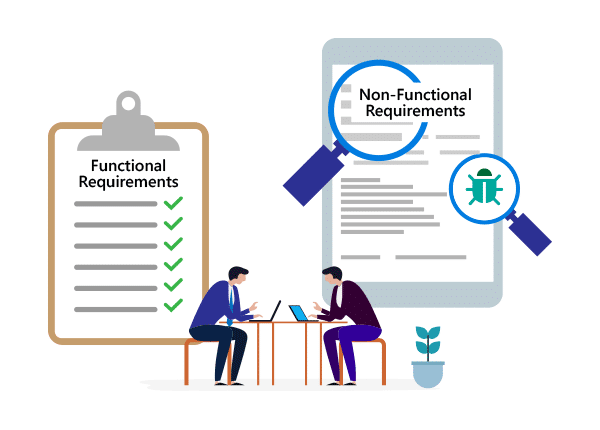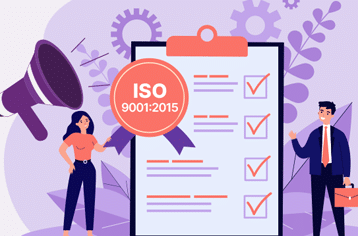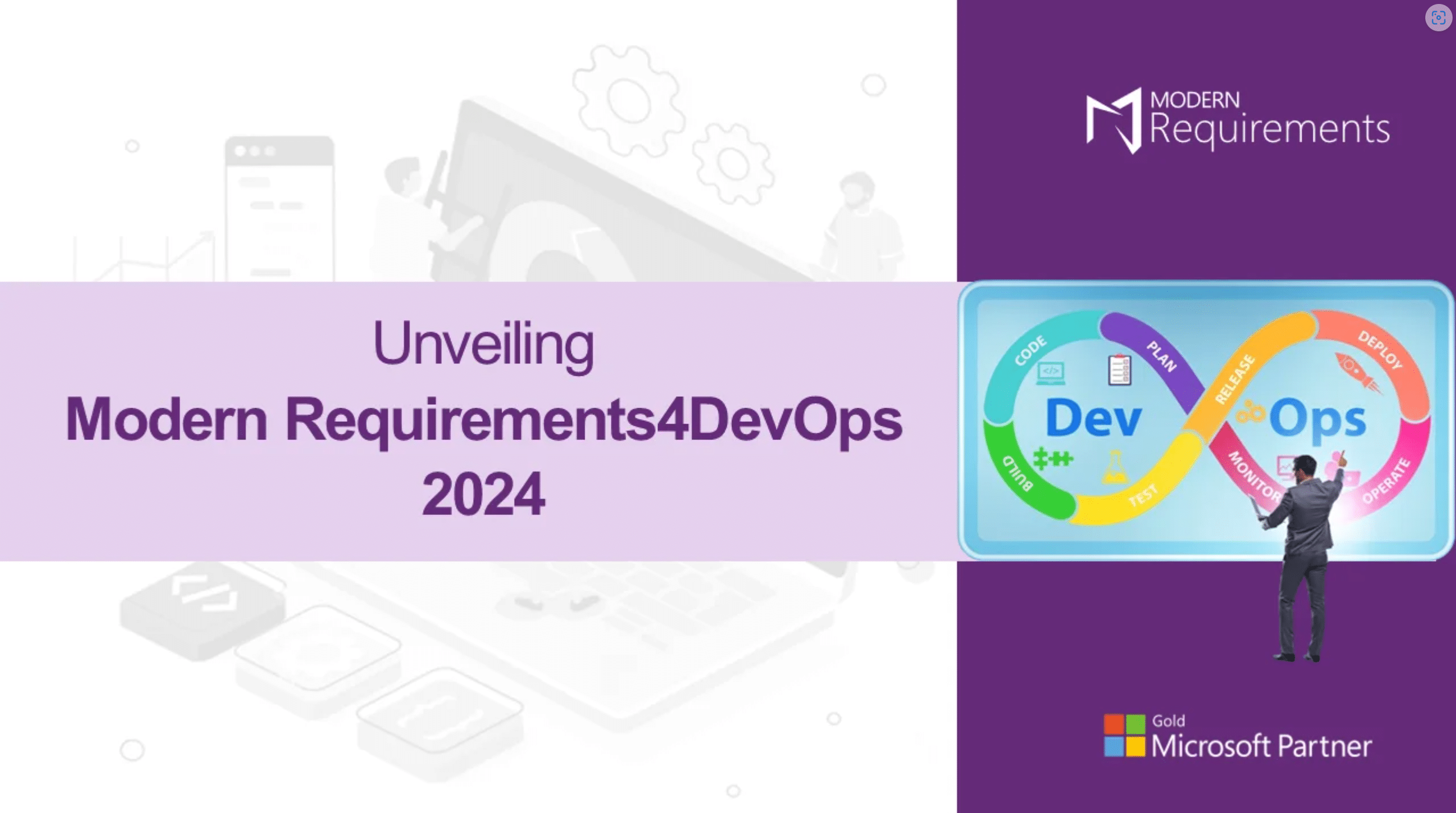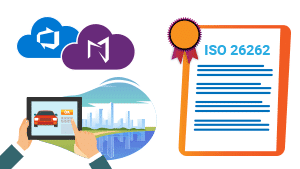Learn how to create, measure, and categorize non-functional requirements (NFRs) for project success with real-life examples.
Continue readingAzure DevOps Document Management with DMS: A Guide
The Document Management System (DMS) feature of Modern Requirements4DevOps was created to simplify and optimize Azure DevOps document management. This system addresses common enterprise document management challenges like inefficient workflows, poor version control, and collaboration bottlenecks within your DevOps workflow.
Continue readingModern Requirements is ISO 9001:2015 Certified
We are committed to quality assurance and exceeding customer expectations
Continue readingAI DevOps Simplified with Copilot4DevOps Plus
This blog reveals the latest innovation in AI DevOps with a tool from Modern Requirements called Copilot4DevOps Plus. Explore its groundbreaking features, including pseudocode generation, automated test script creation, and dynamic prompts. The blog delves into the security measures that Copilot4DevOps Plus inherits from OpenAI and Azure OpenAI, ensuring data privacy and exclusivity. You can now elevate your DevOps workflow with Copilot4DevOps Plus, the next level of AI-driven efficiency.
Continue readingWebinar Recap: Unveiling Modern Requirements4DevOps 2024
A recap of a Webinar with the newest 2024 updates to Modern Requirements4DevOps, introducing Copilot4DevOps Plus. This blog dives into key highlights of the newest release, discusses AI Requirements Management, and introduces new tools such as Document Management System. Uncovers the latest enhancements to Smart Docs, Smart Reports, Trace Analysis, and more, so you can take your requirements management to new heights. Embrace the future of Requirements Management with Modern Requirements.
Continue readingWebinar Recap: Copilot4DevOps Plus: Enhancing Your Azure DevOps Workflow
This webinar explored how the AI requirements and work item management tool Copilot4DevOps has been enhanced to include new and improved features that empower your teams to work seamlessly and efficiently.
Continue readingBest Practices for AI Requirements Elicitation Techniques
Requirements elicitation is the process of understanding and documenting the needs of stakeholders. The rise of generative AI is creating an abundance of AI-driven requirements elicitation tools.
Continue readingMastering Medical Device Software Development with Requirements Management
This blog post aims to educate professionals in the medical device industry about the critical role of requirements management in software development. It highlights challenges faced in the industry and presents the client’s requirements management product as a solution. The content emphasizes aligning software development with regulatory standards and efficient project management.
Continue readingWebinar Recap- From Chaos to Clarity: Automating Requirements and Their Complexities
Modern Requirements held a webinar with Business Analysis and Project Management Coach Barbara Carkenord exploring how requirements management tools bring clarity to chaos.
Continue readingManaging ISO 26262 Compliance with Modern Requirements
Easily manage ISO 26262 compliance while accelerating development cycle
Continue reading










